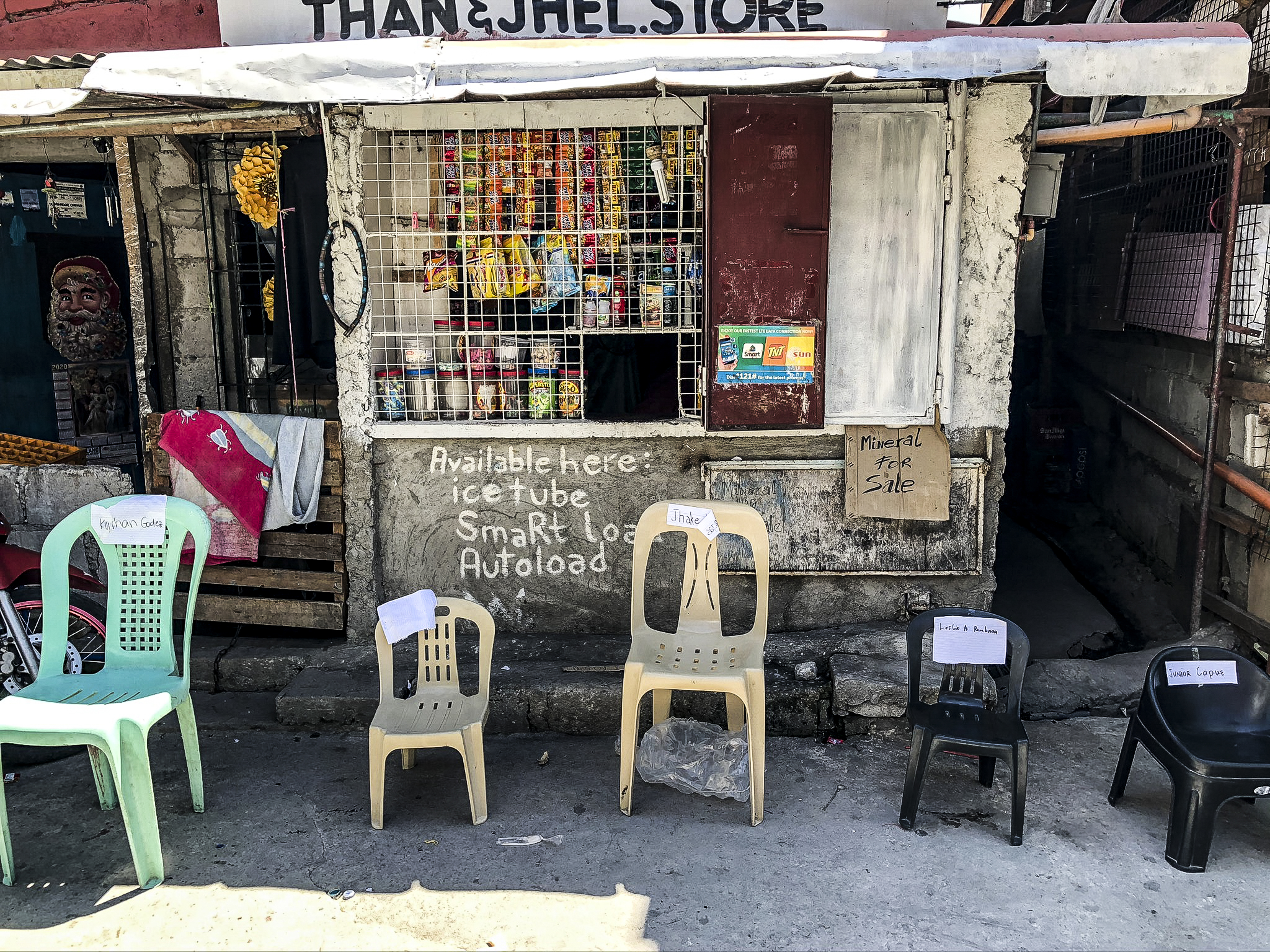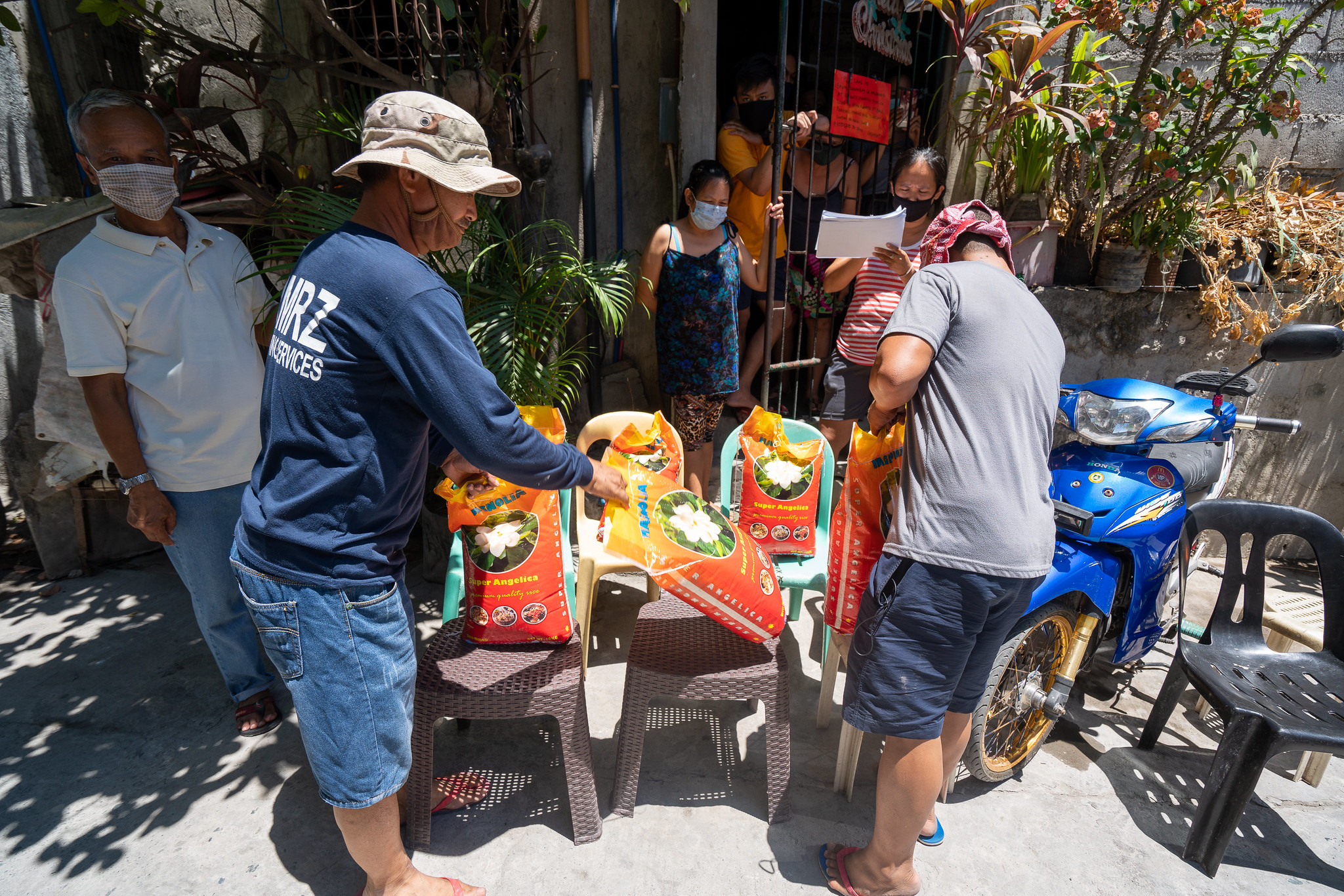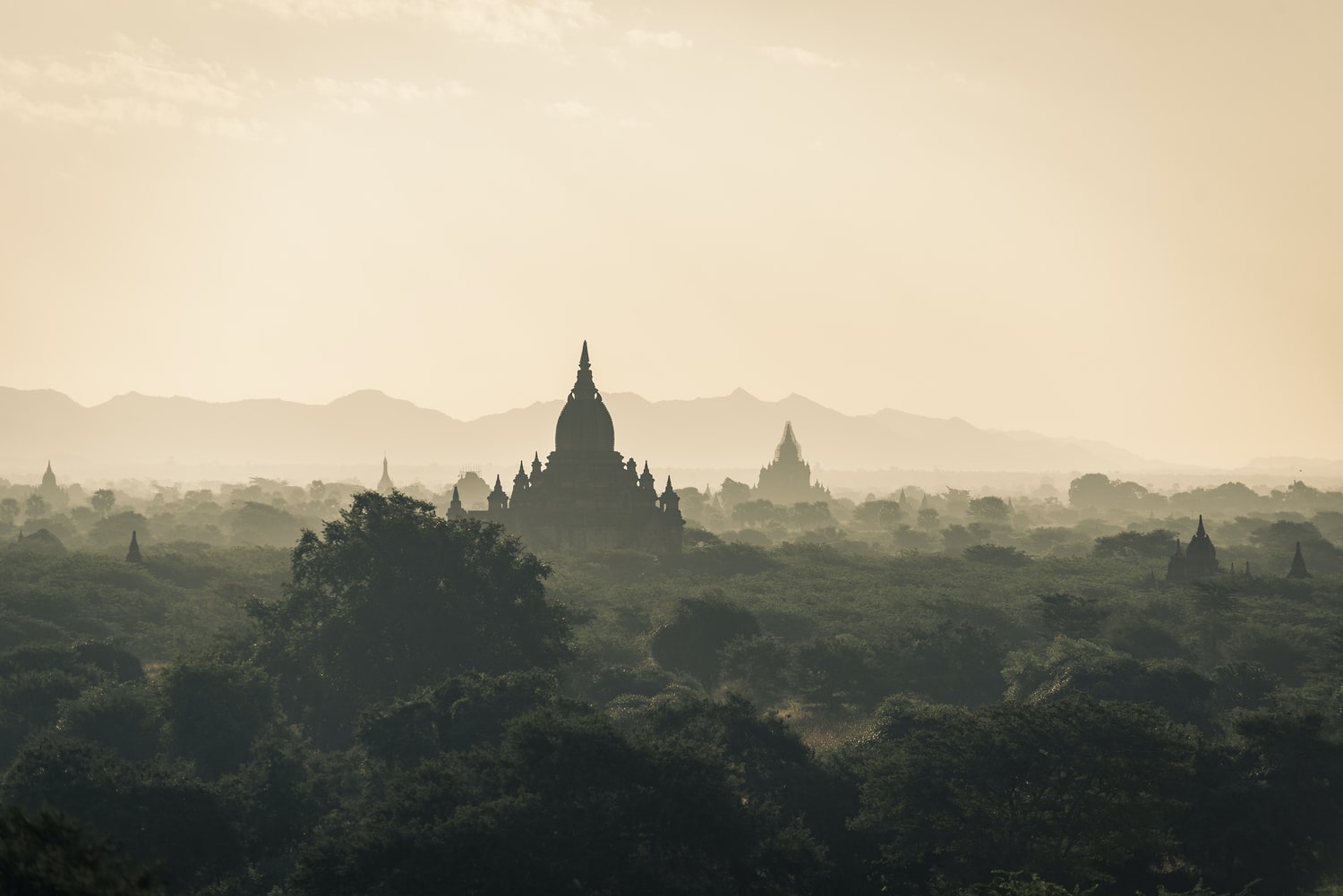“The queer community in Southeast Asia have faced various challenges and neglect from public and the government on daily basis due to negative attitude against its sexual orientation, gender identity and expression, and sex characteristics (SOGIESC). The situation is perpetuated as no country in the Southeast Asian region has an anti-discrimination provision that specifically protects people with diverse SOGIESC as part of their constitution and national policy”, writes Cornelius Hanung, a human rights defender from Indonesia, currently working with the Asian Forum for Human Rights and Development (FORUM-ASIA)
_______________________________________________
When the COVID-19 pandemic hit the region, all State leaders in Southeast Asia have imposed strict and authoritative measures to tackle the novel coronavirus disease. The measures taken so far, however, have failed to recognise the intersectionality of issues that exacerbate the pre-existing vulnerability of marginalised groups (FORUM-ASIA, 2020). The queer community, who have been subjected to persistent discrimination and exclusion stemming from the embedded patriarchal, religious, as well as hetero- and cis-normative values within the society across the region, are among the groups that got affected the most by the pandemic (Hanung, 2020).
The queer community in Southeast Asia have faced various challenges and neglect from public and the government on daily basis due to negative attitude against its sexual orientation, gender identity and expression, and sex characteristics (SOGIESC). The situation is perpetuated as no country in the Southeast Asian region has anti-discrimination provision that specifically protects people with diverse SOGIESC as part of their constitution and national policy (Outright Action International, 2017). Further, recent findings in Indonesia (Saputra, 2020) and Malaysia (Pillai, 2020), and even in a more queer-friendly country such as the Philippines (Thoreson, 2020), have shown a worsening trend of negative sentiment in the region, by blaming the community as the source of coronavirus and subjecting them into degrading treatments under the pretext of reinforcing COVID-19 related protocols.
In the context of COVID-19, bias and negative attitude from the Governments of Southeast Asian countries have resulted on the neglect of the pre-existing challenges faced by the queer community, leading to the community’s suffering from the amounted physical, mental health, psychosocial, and socio-economic challenges (Silverio, 2020). To survive, queer community in Southeast Asia has to rely on its own to help each other. The following examples illustrate how queer community across Southeast Asia have adapted themselves to fostered resilience in the aspects of economy, wellbeing, and advocacy in times in times of pandemic.
Community-led initiatives in boosting queer economic resilience
Many queer individuals, due to fear of stigma and discrimination in the workspace, have relied upon themselves with jobs in informal sectors as a source of income. When the government’s measures on COVID-19 subsequently affected the sector, their living conditions have worsened since many of them could not access the Government’s assistance. In Thailand, for example, direct assistance provided by the governments excluded those who work in creative industries, night clubs, bar, and those who are engaged in sex work (Bohwongprasert, 2020). In other circumstances, such as in the Philippines, the relief package can only be obtained if the person is married and having a family with children (Chong, 2020).
With the government’s intervention proven to exclude the specific needs and conditions of queer identities, various civil society and community-based organisations have created initiatives to alleviate the economic distress brought by the pandemic and help the community to survive. One example is the establishment of COVID-19 relief and resilience fund by Brave Space and Sayoni, both are local organisations with specific focus to empower marginalised and queer women in Singapore. The fund provides small grants to queer individuals who are struggling to support themselves and their family due to losing their jobs and income.

Figure 1: COVID-19 Relief and Resilience Fund by Brave Space and Sayoni, Singapore
In Indonesia, transgender women community across the country conducted a series of local initiatives such as setting up a food bank, distributing food for the community members and other people in need, and provide cash assistance to cover rent payments to help alleviate the economic burden of the community members. They even enrolled as volunteers to remind people in their neighborhood about COVID-19 health protocol in public space (Rodriguez, 2020).
To meet daily needs, queer and trans women who work in the nightlife, bar, and sex sector in Thailand decided to move to the online platform when the Government ordered for curfew and social distancing as part of its COVID-19 measure. They hired a remote DJ to perform on Instagram live and organized a drag show via Zoom. Although the efforts could not cover all salary for waiters, bar staffs, night taxi drivers, and other secondary jobs relied on the industry, at least it could help the business afloat in the absence of the economic assistance in time of COVID-19 (Kenyon, 2020). Currently, there is no guarantee that they will get back to the business as usual, even after the Government has relieved the measures.
Addressing the psychosocial and mental health wellbeing through community-led support
Aside from the economic factor, social and emotional connectedness (both in-person and virtual) helps to maintain the individuals’ psychosocial wellbeing and subsequently strengthen the resilience of queer community (Anderson and Knee, 2020). It becomes the basic needs of the individuals who, due to restriction of movement and curfew to curb COVID-19 pandemic, are living in isolation. It created a compounded psychological burden, amplified by the fear and high risk of discrimination and violence conducted by family members and partners.
The earliest responses conducted by the community organisations to address the issue of connectedness was through an online platform. In the first three months after the WHO declared COVID-19 as a pandemic, various virtual convening, ranging from webinar, podcast, to community spaces, were held to discuss the effect of the pandemic to the local community in the region. The approaches, however, could not provide sustained and continuous support to facilitate healing. Therefore, community-led initiatives are directed toward providing peer-support and counselling that can be tapped anytime by those who are in need.
The strategy has been implemented by organisations such as SAYONI in Singapore. It cooperated with AWARE, local women organisations to provide tele-counselling services, online peer-support, and hotline number for psychosocial counselling services that can be accessed by queer women in the country.
To support the wellbeing of the caregiver who works directly with the community, local community-based organisations also cooperate with think tanks, psychosocial institution, and private donors to establish care for caregiver initiatives. For example, Community Health and Inclusion Association (CHIA), a community-based organization for HIV key populations in Lao PDR, cooperate with various agencies to support community worker. The programme includes providing safety equipment, conduct capacity building in on-line communication skills, and regular counselling so that they can still conduct outreach to the community in need while maintaining their wellbeing (APCOM, 2020).
Realising the paramount importance of providing mental health and psychosocial support for queer community in times of pandemic, community-led organisations and collectives have also established online database that contains services providers that are available and accessible for queer community. Such documentation is collected by the Youth Voice Count, an organisation dedicated to queer youth population in Asia and Pacific, and Queer Lapis, a collective of queer community in Malaysia.
Although effective on providing immediate support, some groups criticised the over-utilisation of the online platform for building connectedness because it could only be accessed by communities who live in urban areas with the privileges of technology and communication (Silverio, 2020). Further creative ways to reach the most marginalised among the already marginalised queer community should be explored for the long run.
Addressing stigma and discrimination in times of pandemic
In addition to economic, social, and psychosocial support, the risk of victimisation based on SOGIESC is one of the determinants for building resilience among queer adults (Shilo et al., 2014). This challenge is also prominent in the Southeast Asian context, as the queer community in the region remain disproportionately likely than their heterosexual or cisgender counterparts to encounter prejudice or discrimination (Manalastas et al., 2017).
In commemorating this year’s International Day Against Homophobia, Transphobia, and Biphobia (IDAHOT), the United Nations Special Rapporteurs (UNSR) have warned the public about the imminent threat of queer victimization and its effect on resilience in the pandemic era (OHCHR, 2020). The rapporteurs highlighted the increased utilisation of hate speech explicitly or implicitly inciting violence against, blaming the pandemic on the existence of queer persons. In Southeast Asia, the trend is manifested as discourse by government officials, political leaders, religious leaders, and discriminatory treatment and violence conducted by populist public. Both states and non-state actors in Southeast Asia have known to be discriminatory against queer communities in the region.
Many community-led organisations have adopted three-step approaches to ensure human rights protections for the community. These steps entail (i) monitoring and document the pattern of violation experienced by the community, (ii) provide responsive and restorative intervention through advocacy to influence law and policy based on the recommendation synthesized from the documentation, and (iii) create an enabling environment through coalition building (Jaspars et al., 2008). The community must implement a comprehensive step to ensure the availability of judicial infrastructure and support for the victims to get access to justice and remedy, even during the pandemic.
A notable example was conducted by Sangsan Anakot Yawachon Development Project, an organisation that works to empower queer indigenous and stateless women in northern Thailand. As one of their responses to serve the affected community during the pandemic, it conducted monitoring and documentation on the impact of COVID-19 on women, children, and LGBTIQ+ youth in indigenous communities. The report was presented at subdistrict and national levels to influence policy intervention from the government. The organisation also featured its report to the joint submission to the UN special rapporteur on the right of indigenous peoples on the impact of COVID-19 on the indigenous communities.
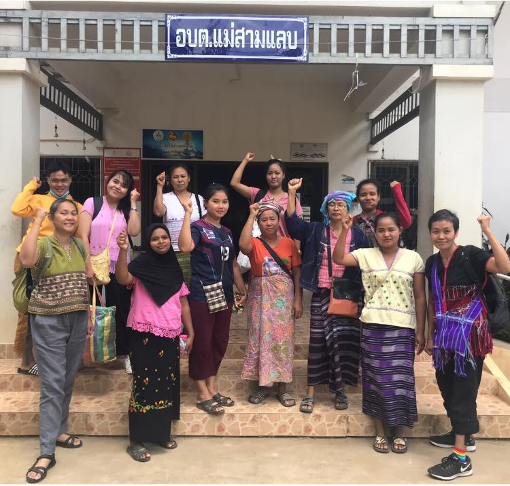
Figure 2: Women, children and young LBTQ from the indigenous and stateless community in Thailand met with the local government development agency to discuss the community’s monitoring result on COVID-19 on June 23. Courtesy of Sangan Anakot Yawachon Development Project.
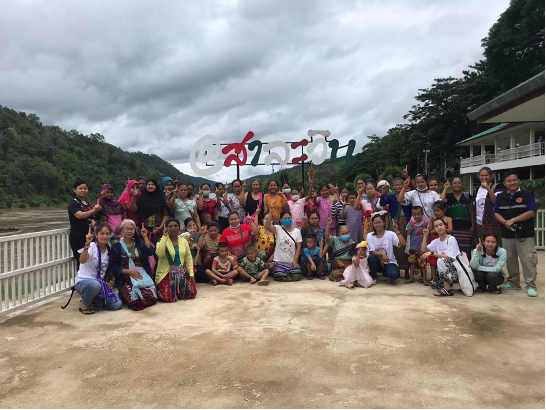
Figure 3: Training on human rights and emergency assistance for indigenous children, youth, women and LGBTIQ to strengthen the community response to COVID-19. Courtesy of Sangan Anakot Yawachon Development Project
Lessons on moving forward
The examples show how queer community across Southeast Asia, despite various degrees of pre-existing challenges at the national level, got disproportionately impacted by the governments’ responses to the pandemic. It is not the first time where queer community got excluded in discussion related to emergency responses. In 2018, a coalition of civil society organisations (CSO) in the Asia Pacific region convened a ground-breaking meeting to discuss the continuous exclusion of queer identities in the humanitarian system. The organisations called for the inclusion of SOGIESC and feminist lens in recovery, relief, and rehabilitation efforts (Devakula et al., 2018), to avoid further discrimination against the queer community. It is evident that the government of Southeast Asia have failed to implement the recommendation in the context of COVID-19 pandemic.
Amidst the exclusion, nevertheless, queer communities in Southeast Asia have managed to demonstrate resilience by performing an adaptive process in the time of extreme adversity (Luthar et al., 2003). The success of the process is owing to the roles of civil society and community-based organisations. The cases of queer community in Southeast Asia show how the local actors, who are well-equipped with the knowledge of economic, social, legal, and cultural dynamics, have contributed to identifying needs and developing community’s strength, building agency, and self-organization, which are the important strategy to build community resilience (Berkes, 2012). Local actors are proven to be able to provide an immediate solution to alleviate the burden and reaching out to those who are in need.
There are still challenges that remain. The first one is sustainability. Building resilience is a continuous process to enable people to adapt during adversity. As there is no certainty about the end of the pandemic crisis, fostering resilience should also be accompanied by the availability of a sustainable resource. Most of the documented community initiatives are depending on funding from civil society and donations. There are huge risks of putting the additional burden to the local organisation, which already under-funded even in usual circumstance (Silverio, 2020). This concern has led 61 organisations and 142 activists across Southeast Asia to issue a statement to call on donors and funders operating in Southeast Asia to focus more on building “rainbow” resilience.

Figure 4: Civil society statement in Southeast Asia calling for donor and funders to focus more on building “rainbow” resilience. Courtesy of ASEAN SOGIE Caucus
In addition to the scarcity of funding, civil society and community-based organisations are facing the heightened risk of stigma and discrimination. However, COVID-19 have pushed them to refocus its effort on providing direct assistance to its members, at the cost of reducing resources that used to be allocated to conduct activities related to the promotion and protection of human rights. Many organisations have conveyed difficulties and concern about juggling between the two priorities.
The last challenge is to plan for recovery. Most of the initiatives have been focusing on the resilience of the community. However, there is no definite plan on how to assist the community to recover from the pandemic. The governments of Southeast Asia are currently discussing a regional framework of action to help the recovery of the region. Reflecting on the continuous neglection on the needs of queer community, there is no guarantee that the recovery plan will address the situation of the community. Continuous community intervention is necessary to demand a more active role from the states during the recovery period in the post-pandemic era to provide a proper remedy for the community.
References
Anderson, A.R., Knee, E. (2020). Queer Isolation or Queering Isolation? Reflecting upon the Ramifications of COVID-19 on the Future of Queer Leisure Spaces. Leisure Science, [online] Available at: https://www.tandfonline.com/doi/full/10.1080/01490400.2020.1773992 [Accessed 20 Aug. 2020]
Berkes, F. (2012). Community Resilience: Toward an Integrated Approach. Society and Natural Resources, [online] Volume 26, p.5-20. Available at: https://www.tandfonline.com/doi/abs/10.1080/08941920.2012.736605 [Accessed 15 Aug 2020]
Bohwongprasert, Y. (2020). Hoping for better days. [online] Bangkok Post. Available at: http://nextcloud-forum-asia.org/apps/calendar/dayGridMonth/now/new/popover/1/1601398800/1601485200 [Accessed 28 Sep 2020]
Chong, J. (2020). How Covid-19 affects LGBTIQ people in Asia. [online] Asian Times. Available at: https://asiatimes.com/2020/05/how-covid-19-affects-lgbtiq-people-in-asia/ [Accessed 20 Aug 2020]
Devakula, D., Dotter, E., Dwyer, E., Holtsberg, M. (2018). Pride in the Humanitarian System. [online] Bangkok. Available at: https://asiapacific.unwomen.org/-/media/field%20office%20eseasia/docs/publications/2018/12/consultation-report_pride-in-the-humanitarian-system_all-annexes-compressed.pdf?la=en&vs=2402 [Accessed 16 Aug 2020]
FORUM-ASIA. (2020). COVID-19 in ASEAN: The Human Rights Crisis and How to End it. [online] FORUM-ASIA. Available at: https://www.forum-asia.org/?p=32064 [Accessed 15 Aug 2020]
GIVE.asia, (2020). Relief and Resilience Fund for LGBTQ+ persons. [online] Available at: https://give.asia/campaign/relief-and-resilience-fund-for-lgbtq-persons-5700#/ [Accessed 18 Aug 2020]
Hanung, C. (2020). How COVID-19 might disproportionately affect LGBTIQ community in ASEAN. [online] SHAPE-SEA. Available at: https://shapesea.com/op-ed/covid-19/how-covid-19-might-disproportionately-affect-the-lgbtiq-community-in-asean/ [Accessed 14 Aug 2020]
Hanung, C. (2020). Point of no return: a daunting future of ASEAN LGBTIQ community living in COVID-19 pandemic. [online] ASEAN SOGIE Caucus. Available at: https://aseansogiecaucus.org/activist-voices/145-point-of-no-return-a-daunting-future-of-asean-lgbtiq-community-living-in-covid-19-pandemic [Accessed 14 Aug 2020]
Jaspars, S., O’Callaghan, S., Stites, E. (2007). Linking Livelihoods and Protection: A Preliminary Analysis Based on a Review of the Literature and Agency Practice. [PDF] London: Overseas Development Institute. Available at: https://www.researchgate.net/publication/229042470_Linking_Livelihoods_and_Protection_A_Preliminary_Analysis_Based_on_a_Review_of_the_Literature_and_Agency_Practice [Accessed 20 Aug. 2020]
Luthar, S.S., Cicchetti, D., Becker, B. (2003). The Construct of Resilience: A Critical Evaluation and Guidelines for Future Work. Child Development, [online] Volume 71(3), p.543-562. Available at: https://srcd.onlinelibrary.wiley.com/doi/abs/10.1111/1467-8624.00164?sid=nlm%3Apubmed [Accessed 15 Aug 2020]
Manalastas, E.J., Ojanen, T.T., Torre, B., Ratanashevorn, R. (2017). Homonegativity in Southeast Asia: Attitudes Toward Lesbians and Gay Men in Indonesia, Malaysia, the Philippines, Singapore, Thailand, and Vietnam. Asia-Pacific Social Science Review, [online] Volume 17(1), p.25-33. Available at: https://www.researchgate.net/publication/317329054_Homonegativity_in_Southeast_Asia_Attitudes_Toward_Lesbians_and_Gay_Men_in_Indonesia_Malaysia_the_Philippines_Singapore_Thailand_and_Vietnam [Accessed 20 Aug. 2020]
Outright Action International. (2017). LGBTIQ rights in Southeast Asia – where we stand and pathway forward. [online]. Available at: https://outrightinternational.org/content/lgbtiq-rights-southeast-asia-where-we-stand-and-pathway-forward/ [Accessed 25 Sep 2020]
Shilo, G., Antebi-Gruszka, N. (2014). Individual and Community Resilience Factors Among Lesbian, Gay, Bisexual, Queer and Questioning Youth and Adults in Israel. American Journal of Community Psychology, [online] Volume 55, p.1-2. Available at: https://www.researchgate.net/publication/269578041_Individual_and_Community_Resilience_Factors_Among_Lesbian_Gay_Bisexual_Queer_and_Questioning_Youth_and_Adults_in_Israel [Accessed 15 Aug 2020]
Silverio, R. (2020). Impacts of Covid-19 on LGBTIQ Organisations in the Southeast Asian Region. [online] SHAPE-SEA. Available at: https://shapesea.com/op-ed/covid-19/impacts-of-covid-19-on-lgbtiq-organizations-in-the-southeast-asian-region/ [Accessed 14 Aug 2020]
Susilo, W. (2020). ASEAN, migrant workers and the COVID-19 crisis. [online] The Jakarta Post. Available at: https://www.thejakartapost.com/academia/2020/06/26/asean-migrant-workers-and-the-covid-19-crisis.html [Accessed 14 Aug 2020]
Tan, N.A. (2020). Plight of Rohingyas Under COVID-19 Spotlights ASEAN’ Failure. [online] The Diplomat. Available at: https://thediplomat.com/2020/06/plight-of-rohingyas-under-covid-19-spotlights-aseans-failure/ [Accessed 14 Aug 2020]
yvc-asiapacific.org, (2020). #CopingWithCOVID: Resource List of LGBTIQ Organisations and Helplines. [online] Available at: https://give.asia/campaign/relief-and-resilience-fund-for-lgbtq-persons-5700#/ [Accessed 18 Aug 2020]
* The views expressed in the blog are those of the authors alone. They do not reflect the position of the Saw Swee Hock Southeast Asia Centre, nor that of the London School of Economics and Political Science.


